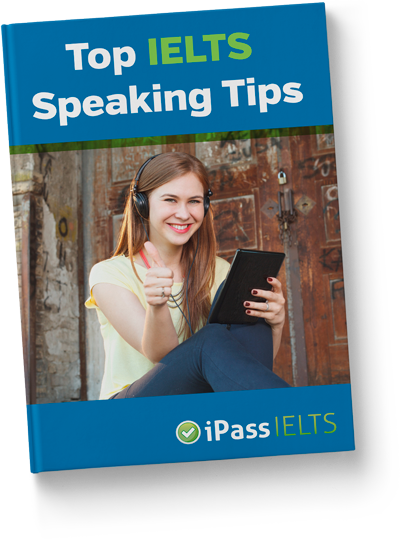Singular vs Plural Nouns
In our recent facebook quiz we asked students to choose between GRADUATE (singular) and GRADUATES (plural).
Quite a lot of people chose the wrong answer because either they thought the single noun form (graduate) was correct or that there was no regular plural form (graduates).
The sentence was:
Students who finish university are ....
If you look at the first word, it says ‘students’ so you know it is talking about more than one. The correct answer, therefore, is ‘graduates’.
Here are some other nouns which students often have problems with:
Child/Childs (the correct plural form is ‘children’ which is also irregular so doesn’t use ‘s’)
Woman/Womans (the correct plural form is ‘women’, pronounced ‘wimin’, also irregular)
Information/Informations (‘uncountable’ so it doesn’t have a plural form)
Equipment/Equipments (also ‘uncountable’ so there is no plural form)
Work/Works (generally ‘uncountable’ and singular but does have a plural form when referring to ‘works of art’ or ‘roadworks’)
Technology/Technologies (can be both ‘countable’ and ‘uncountable’ so both forms are correct)
News/news (there is no plural form so it is always singular, e.g. the news is really bad)
The problem in the IELTS writing and speaking test are that:
1) If you add an S in the wrong place, you could make a possessive e.g. the children’s or a contraction e.g his work’s (work is)
2) A grammatical error in the sentence may cause confusion for the listener (the examiner) e.g. woman in my country is equal to men (one woman or all women?)
Here are some useful structures with plural nouns that many students get wrong in the IELTS speaking test:
(quite) a few + plural
Example: Quite a few people use tablets nowadays.
a lot of + plural
Example: A lot of students drop out of university.
one of the (main) + plural
Example: One of the main reasons for cancer is pollution.
there are many/several + plural
Example: There are many courses you can do.
iPass Top Tip - learn the singular and plural forms every time you learn a new noun and don’t forget to practise saying and writing them until they become natural.
















Let me know if you’re unsure of any other singular or plural forms in English!
By Jenny Bedwell on 2015 08 19